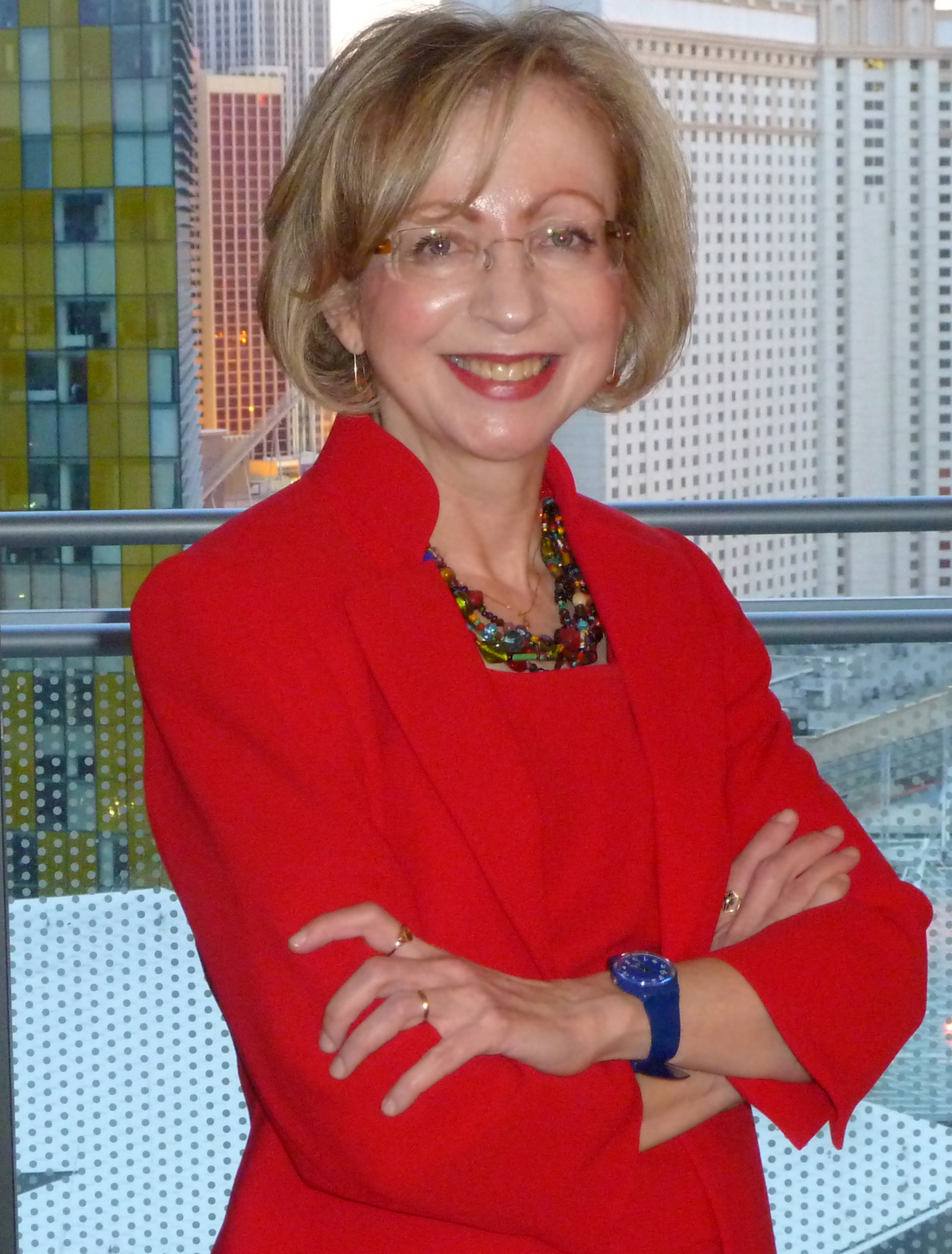Holding on to Our Humanity: Anna Neumann is working to ensure the future of a cornerstone of American higher education
Seven years ago, Anna Neumann read in The New York Times that first-generation urban college students were increasingly taking core humanities courses from faculty who were under-supported, including growing numbers of adjunct instructors. The Times asserted that teaching of these courses in many urban institutions was being weakened as tenure-track lines were shifted to other fields or to more advanced courses. Those who remained were handling bigger loads with less support.
For Neumann, herself a first-generation collegian and subsequent author of a book (Professing to Learn: Creating Tenured Lives and Careers in the American Research University) devoted to the topic of how professors can sustain their intellectual passions, the Times story was a siren in the night.
“The quintessentially American cornerstone of education – the liberal education curriculum – was being neglected,” Neumann says, and most pointedly for students in what Neumann’s own former pupil, Milagros Castillo-Montoya, has termed “high-diversity colleges.” Meanwhile, on the faculty side, those left to steer the ship were teaching daunting course loads while also running their departments and supporting their adjunct colleagues.
As she looked still more closely at the situation, Neumann was struck by the need for professional development for instructors in all the disciplines that students study in their first two years of college – commonly called general or liberal education. And thus the Metropolitan Colleges for Teaching Improvement initiative was born.
MetroCITI, as it now known, brings instructors teaching in the humanities, arts, sciences, and social sciences to TC’s campus to improve and enhance their teaching. The program focuses on high-diversity colleges in the New York metropolitan area. In its first year, 2008-09, MetroCITI admitted eight Fellows. Last year, MetroCITI won a two-year, $155,000 grant from the Teagle Foundation to help 10 to 12 Fellows each year develop as teachers and create teaching improvement opportunities for 10 or more additional instructors on their campuses.
“It is this peer learning model that will, in part, determine the success of MetroCITI,” Neumann says. To encourage it, Neumann and the three graduate students who run the program, Liza Bolitzer, Jolie Woodson and Dianne Delima, will provide this year’s 10 Fellows with tools for identifying and teaching core ideas in their disciplines, which include literature, sociology, psychology, chemistry, biology, and environmental studies, among others.
A major thrust of MetroCITI is to make subject matter relevant to students from diverse backgrounds. In MetroCITI seminars, fellows focus on how to connect the “big ideas” in their disciplines to students’ lives, including using popular culture to teach classical ideas; representing core disciplinary knowledge through new media; creating space in classrooms to learn about one’s students; and blending knowledge gained about learners into instructional strategies. Fellows then bring the new tools into their own teaching, in addition to sharing them with other faculty on their campuses.
Neumann has high hopes that MetroCITI will help us understand how to best teach todays’ diverse college students. Through MetroCITI she is gaining an insider’s look into the classrooms at these colleges and she and her students are creating new professional development materials that MetroCITI can use in the future. In addition to learning from the latest research on “good teaching,” MetroCiti fellows are learning that they can use each other – within and across colleges – to improve their teaching. Neumann hopes to mobilize as many instructors as possible toward improvement of their teaching, and to make their learning visible both to each other and the field of higher education as a whole. – Amanda Lang
Published Saturday, Mar. 7, 2015
